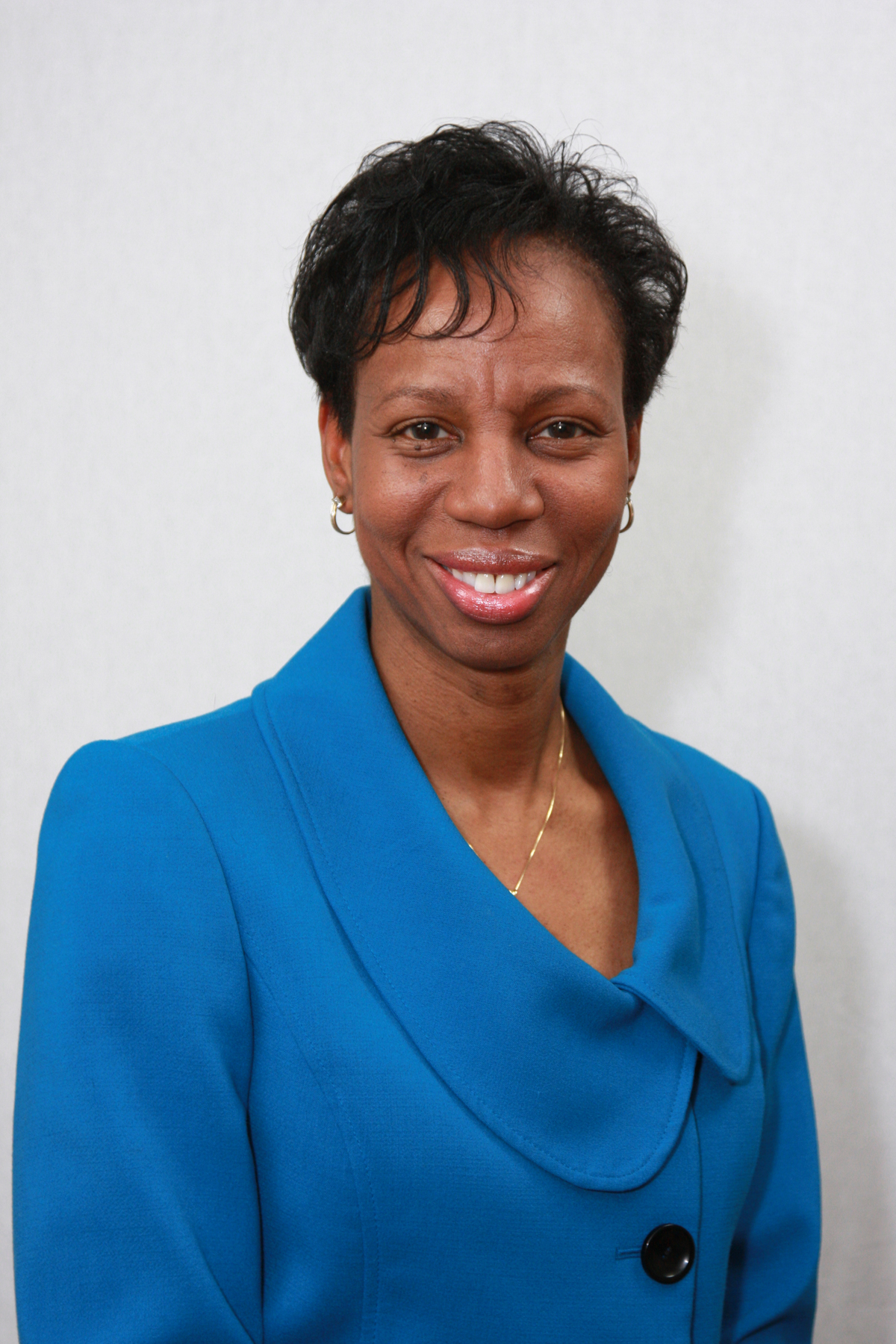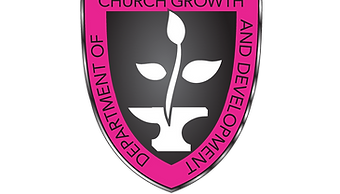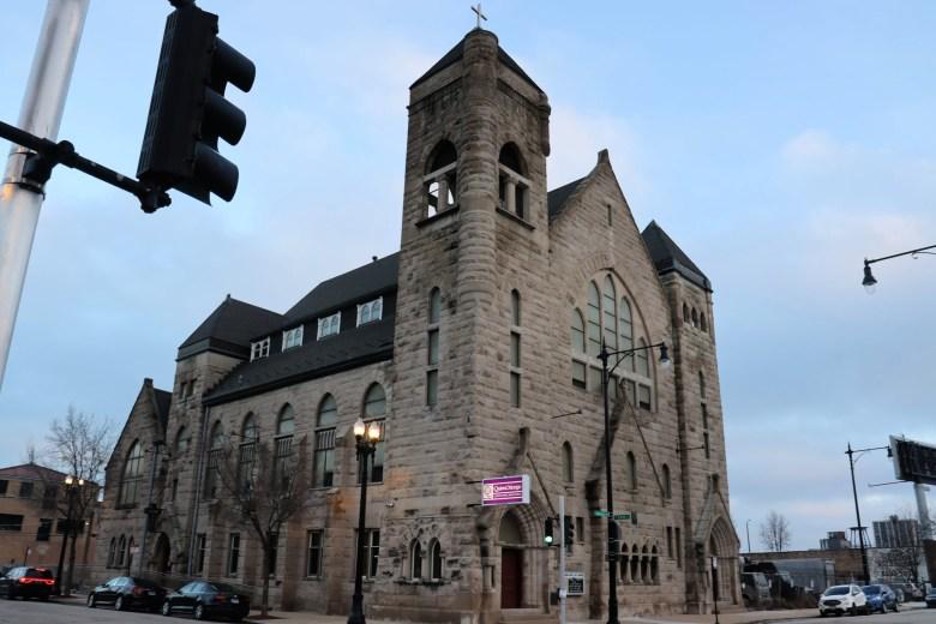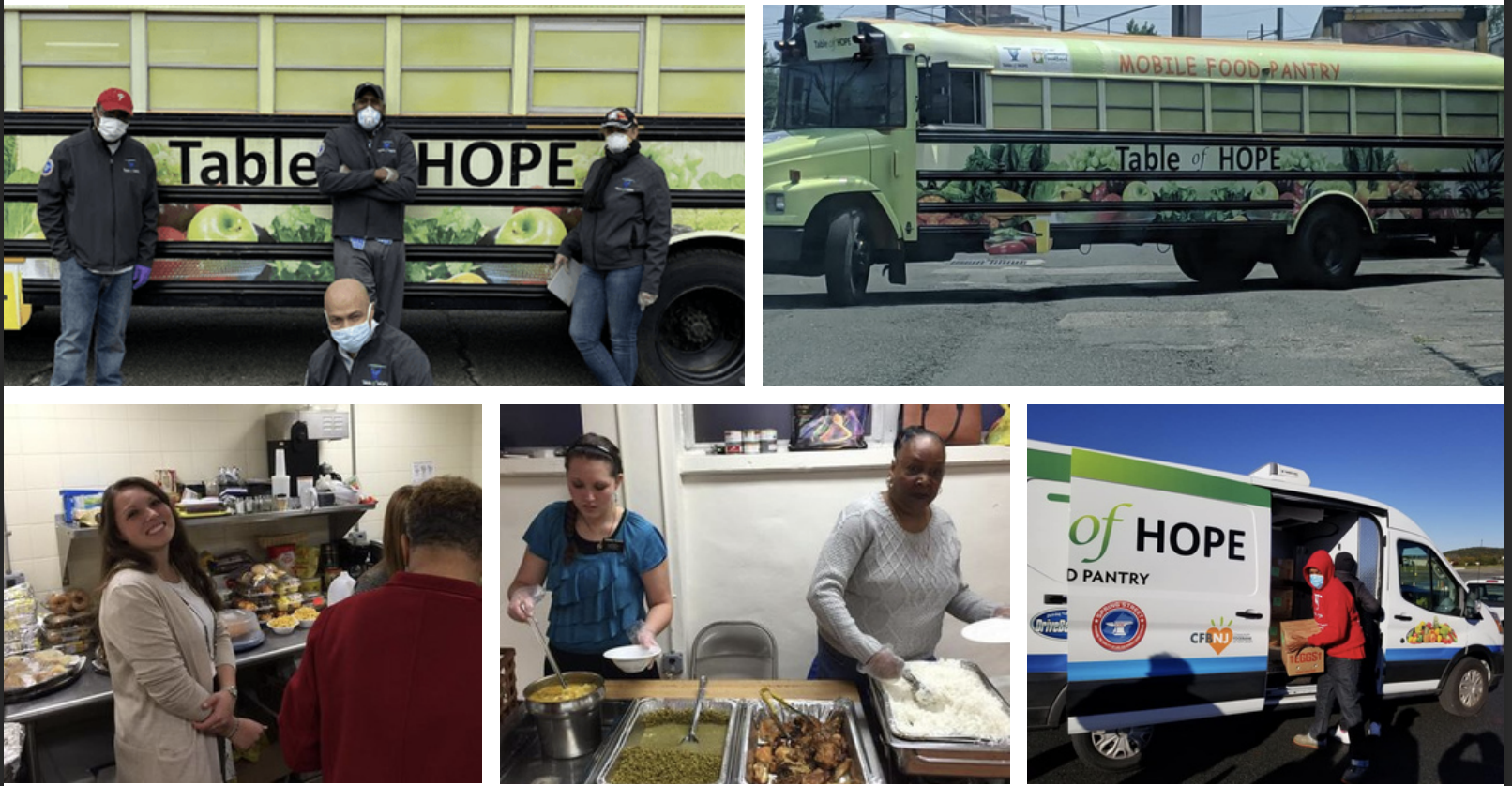Understanding and Avoiding the Pitfalls of the Economic Injury Disaster Loan
By Cynthia Gordon-Floyd, Contributing Writer
When it began, the Economic Injury Disaster Loan (EIDL) program appeared to be a great opportunity to secure immediate funding to offset the sudden drop in revenue that many were experiencing, or expecting, due to COVID-19 shutdowns. The EIDL promised to advance a forgivable grant of $10,000 within three days of applying, with a subsequent loan offer after the initial advance. The Small Business Administration (SBA), charged with administering this program, failed to provide the promised $10,000 grant, and unilaterally decided to advance $1,000 per employee, instead of the mandate.
Many of our churches have now received loan offers up to $150,000. Loan terms are 30 years with a fixed interest rate of 2.75% for non-profits. On the surface, this sounds like an excellent opportunity but we must understand the provisions of this loan offer.
The EIDL is a “working capital” loan, which means it is intended for short-term needs to sustain and return the business to the state they were in before the pandemic and not improve the business. Therefore, it cannot be used for bonuses that are outside of the ordinary course of the business; to liquidate or refinance previously existing long-term debt; repair or replace fixed assets like buildings, equipment, or vehicles; expand facilities; acquire new fixed assets; or to extend loans to any person or entity.
Additional aspects of the EIDL should be considered. All loans above $25,000 must be secured by collateral. To pledge the church as collateral, The Doctrine and Discipline of the African Methodist Episcopal Church (2016) requires advance approval by the Church Conference through the elected Board of Trustees and approval by resolution in a regular session of the Quarterly Conference.
Pledged collateral cannot be sold or encumbered in any way without the written consent of the SBA. New loans cannot be secured against collateral without written consent from the SBA.
The borrower is required to keep a clean audit trail of the use of all funds for 33 years, which includes the loan term and three subsequent years. If the loan is liquidated early, the requirement ends three years after liquidation. The borrower is required to submit annual financial statements to the SBA each year the loan is outstanding.
Many churches have entered into these loan agreements without fully understanding the loan provisions or going through the required approvals at the local and district levels. We must be vigilant with this funding to avoid a costly default due to misuse, which can result in a penalty of 150% of the loan amount.
Cynthia Gordon-Floyd is a certified public accountant and founder of Willing Steward Ministries, LLC. Willing Steward Ministries (http://www.willingsteward.com) is a financial consulting and accounting firm for churches and other faith-based non-profits and specializes in Bible-focused financial practices, pastoral compensation issues, IRS compliance, and other financial needs specific to churches. Cynthia is a graduate of Lake Forest College and received her Master of Business Administration in Accounting from DePaul University. She is a steward and the financial secretary at First AME Church of Manassas in Manassas, Virginia.





